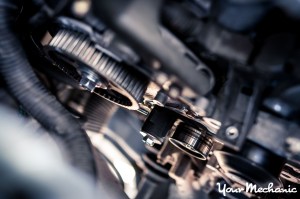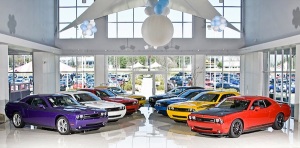Car detailing refers to the performing of a meticulous and thorough cleaning, restoration, and finishing of a motor vehicle, both its interior and exterior. The objective is to come up with a great-looking, show-quality car.

Many professional detailing services and product-selling businesses exist to cater to both professionals and hobbyists. This business has been on the rise in the past few decades, especially in places where cars are the primary modes of transportation. As of mid-2014, the U.S. detailing industry was racking in over $9 billion in revenue.
A lot of people have the misconception that car detailing is synonymous with car detailing. This is far from true, as detailed car washing goes beyond the normal car wash to make a vehicle look super clean (not to mention the restoration aspect, which carwash businesses don’t do). A more important difference is that detailing does not allow for the use of automated systems for cleaning. Everything is done hands-on by experienced detailers.
The two components of car detailing are interior and exterior detailing. The former involves stream-cleaning and vacuuming of the cabin of the vehicle, from the leather and plastic parts to the vinyl and carbon fiber sections. Exterior detailers work on everything visible from the outside, from the restoration of the paint, waxing, and degreasing to the extensive cleaning of tires and windows.

Accelerated Service International provides agents with a host of benefits, including its Agent Survival Kit to help improve sales. For similar reads, check out this blog.





